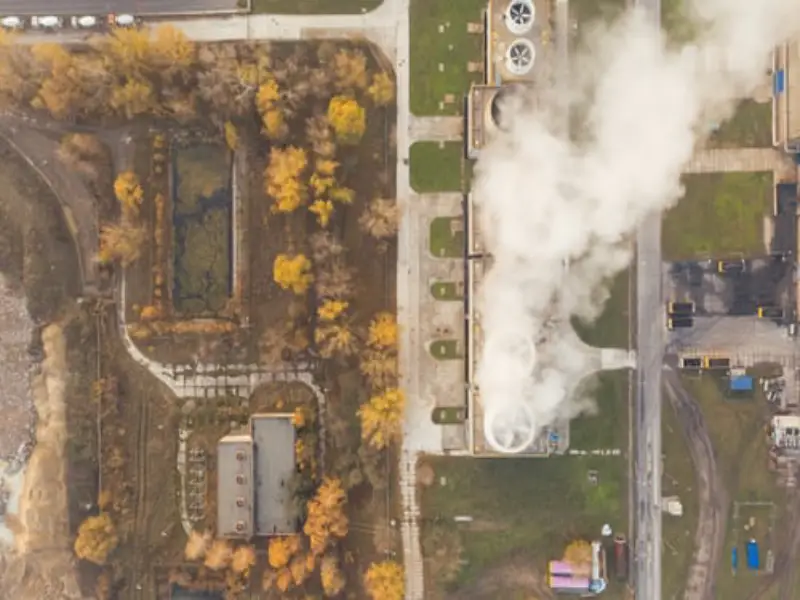In May 2019, LG Polymers confirmed that it lacks environmental clearance
By Aiswarya Sriram
Hyderabad: Gas leakage from LG Polymers-India unit at Visakhapatnam led to the death of at least 10 people and hospitalisation of many others.
In a document available in the website of Union Ministry of Environment, Forest and Climate Change, it is revealed that the company didn’t have environmental clearance to operate its petrochemical plant from 1997 to 2019.
In an affidavit submitted by LG Polymers to the State-Level Environment Impact Assessment Authority (SEIAA), the company stated that they did not have a valid environmental clearance to run the company.
In the affidavit submitted on May 2019, the company said that, “As on this date, our industry does not have a valid environmental clearance, issued by the competent authority, for continuing operations. However, we are continuing our plant operations with valid consent for operation from State Pollution Control Board, Andhra Pradesh.”
Meanwhile, the company, in the affidavit, also acknowledged that, “Prior environmental clearance was taken as per the provisions of Environment Impact Assessment Notification-2006.”
Moreover, the company, in 2019, had also applied for expansion of its production unit under ‘Category A’ but the clearance was delisted stating the company was not interested in continuing with the expansion.
According to the details available about the company, it is being operated by five board of directors, Poorna Chandra Mohan Rao Pitchuka, Chan Sik Chung, Hyun Seok Jang, Sunkey Jeong, Byungkeun Song and one key management personnel namely Ravinder Reddy Surukanti.
In a statement yesterday, Dr E.A.S. Sarma, a 1965-batch IAS officer of the Andhra Pradesh cadre, pointed out that the company had procured a ‘No Objection Certificate’ to function amid lockdown as an essential service. In his statement, he said, “By no stretch of imagination, a plastics manufacturing unit like this can be called essential.”